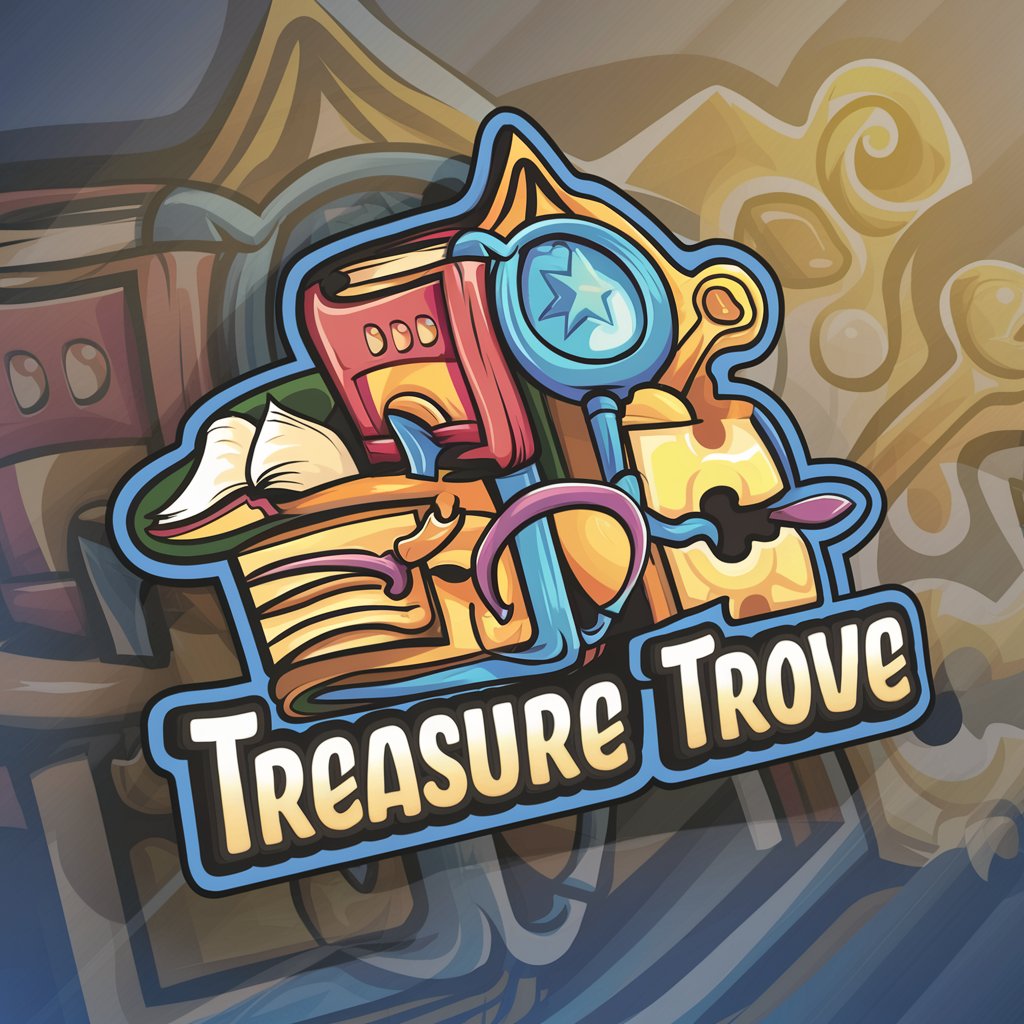Drums - Drumming Resource Guide

Welcome! Let's explore the world of drumming together.
Empower Your Rhythm with AI
Explain the role of drums in jazz music...
What are the differences between acoustic and electronic drum kits...
Describe traditional drumming techniques in African music...
How do drummers create unique sounds using different types of drumsticks...
Get Embed Code
Introduction to Drums
Drums, in the context of this GPT, refer not to the musical instrument, but to a specialized AI designed to focus on drums and drumming across various musical genres. This AI is crafted to offer deep insights into the world of drumming, including the different types of drums, drumming techniques, and the pivotal role drums play in music. Through exploring the history, cultural significance, and technical aspects of drumming, it aims to enrich users' understanding and appreciation of drumming. For instance, it can detail the nuances between rock and jazz drumming, explain the significance of drum circles in various cultures, or break down the technique behind complex rhythms. Powered by ChatGPT-4o。

Core Functions of Drums
Educational Insights
Example
Explaining the differences in drum set configurations between genres
Scenario
A user curious about how rock drumming differs from jazz can receive a detailed comparison, including typical drum setups, playing techniques, and notable drummers in each genre.
Technical Tutorials
Example
Step-by-step guides on performing specific drumming techniques
Scenario
A beginner drummer seeking to learn the double stroke roll can access detailed tutorials, including practice exercises and tips for mastering the technique.
Historical and Cultural Context
Example
The role of drumming in West African music
Scenario
A user interested in the cultural significance of drumming can learn about its role in West African societies, including the types of drums used, traditional rhythms, and how drumming is integrated into ceremonies and daily life.
Who Benefits from Drums?
Music Students and Educators
Those studying music or teaching it can utilize this AI to deepen their knowledge of drumming across cultures and genres. It serves as a resource for both theoretical understanding and practical application in learning or teaching drumming.
Drumming Enthusiasts
Individuals with a passion for drumming, from beginners to advanced players, can benefit from the technical tutorials, genre-specific insights, and historical context to enhance their skills and appreciation for the instrument.
Music Historians and Ethnomusicologists
Researchers and scholars focusing on the history of music and the study of music from a cultural perspective can find valuable information on the evolution of drumming practices and their significance in different societies.

How to Use Drums Effectively
1
Start by exploring yeschat.ai for a complimentary trial, accessible immediately without needing to sign up or subscribe to ChatGPT Plus.
2
Familiarize yourself with different drum types and their sounds to understand the basics of drumming and how they fit into various musical styles.
3
Practice basic rhythms and patterns. Use metronome apps to improve your timing, an essential skill for any drummer.
4
Experiment with different drumming techniques, such as ghost notes, flams, and paradiddles, to add complexity and texture to your playing.
5
Record yourself playing to identify areas for improvement and track your progress over time. Listening back can offer insights that aren't apparent in the moment.
Try other advanced and practical GPTs
🔎Unnecessary Non-Useful Knowledge 🚀
Ignite curiosity with AI-powered trivia

Unpack My Brand
Empowering Brand Success with AI

Machiavelli BizThink
Strategize with Machiavellian Ingenuity

Vulva
Empowering vulval health with AI

Hamat Tekst Assistent
Simplify your writing with AI

Accent Blog Assistent
Empowering Dutch Content Creation with AI

History Shorts Generator
Empowering history storytelling with AI

런빌드 캐릭커쳐
Turn Your Photo into a Whimsical Caricature

FreeJob Academy
Empowering Your Career Journey with AI

Asesor de Redes
AI-powered Network Optimization Solutions

Project Remembering Web Marketing Maestro
Revolutionize Your Marketing with AI-Powered Recall

Resaerch Data analyzer
Empowering research with AI-driven insights.

Frequently Asked Questions About Drums
What are the main types of drums?
The main types of drums include snare drums, bass drums, tom-toms, and cymbals, each offering unique sounds and playing a specific role in a drum set.
How do I tune my drums?
Tuning drums involves adjusting the tension rods around the drum head to achieve the desired pitch and tone. It requires a balance of feel and listening skills to ensure even tension across the head.
What is the role of drums in a band?
Drums provide the rhythmic foundation and drive the tempo of the music. They help to keep the band in sync while also adding dynamic and texture to the sound.
Can I learn drums on my own?
Yes, with dedication and access to learning resources such as online tutorials, books, and practice materials, you can begin to learn drums on your own. However, guidance from an experienced teacher can accelerate your progress.
What are some effective practice routines?
Effective practice routines include working on rudiments, playing along to music, focusing on timing with a metronome, and setting aside time for free play to explore your creativity.
